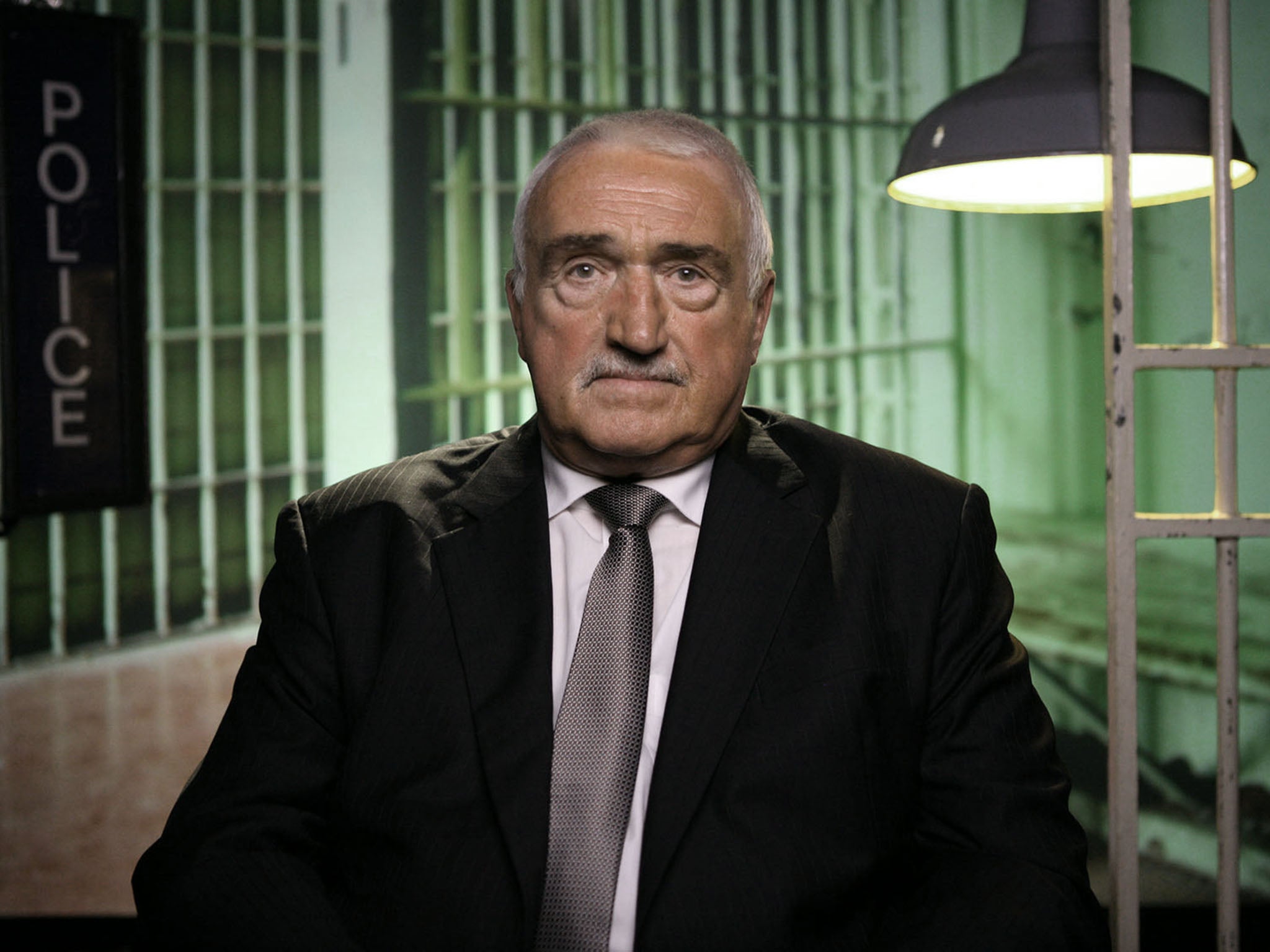Confessions of a Copper, Channel 4, TV review: ‘Legality? What’s that got to do with anything?’
This instalment, speaking to “ordinary” policemen, was a dizzying, unsatisfying history of the UK police force, told through archive footage and (often unlikeable) talking heads

Given that we read articles about alleged police corruption almost daily, it’s mind-boggling to think how bad the “bad old days” must have been.
Confessions of a Copper (Channel 4) promised to shock – and it did, perhaps not for the right reasons.
This instalment, speaking to “ordinary” policemen (teachers and doctors will follow), was a dizzying, unsatisfying history of the UK police force, told through archive footage and (often unlikeable) talking heads.
The “brave” coppers were reduced to superficial caricatures who revealed very little. While many of the anecdotes were fascinating and shocking in equal measure – from fiddling forensics to routine sexual harassment– the stories lost impact thanks to a lack of facts and contributors so obnoxious, you ended up wanting to hurl something at the television.
“You were performing good old British justice, and if that meant bending a bit of the evidence, you did it,” said Stephen Hayes, former CID man-turned-whistleblower. He told us about the hair-in-any-balaclava trick, a grubby practice of framing suspects. “Legality? What’s that got to do with anything? You’re a police officer, you’ve got to find someone responsible for that offence and you did it in any which way you could,” he said.
The narrative zoomed from Sixties paddy cars “rocking” in empty car parks to Nineties never-ending bureaucracy, with little solid detail to go on. More interesting were segments on the now-defunct women’s unit, where female officers carried regulation handbags and six-inch truncheons. The archive footage was often uncredited, so it was hard to tell if we were watching a clip from Newsnight, a police film or an episode of Z-Cars crossed with Only Fools and Horses.
The only point at which this felt like a genuine documentary was the section on former inspector Alan Murray policing the infamous 1979 protest in Southall, ending in the death of Blair Peach. This was fleshed out with contemporary footage (and an appearance by a young Harriet Harman). It could have been an episode in itself; instead, it was back to the talking-head pantomime.
At the end, we heard that one contributor was now trying his hand as a stand-up comedian. The joke was on him, I think.
Join our commenting forum
Join thought-provoking conversations, follow other Independent readers and see their replies
Comments
Bookmark popover
Removed from bookmarks